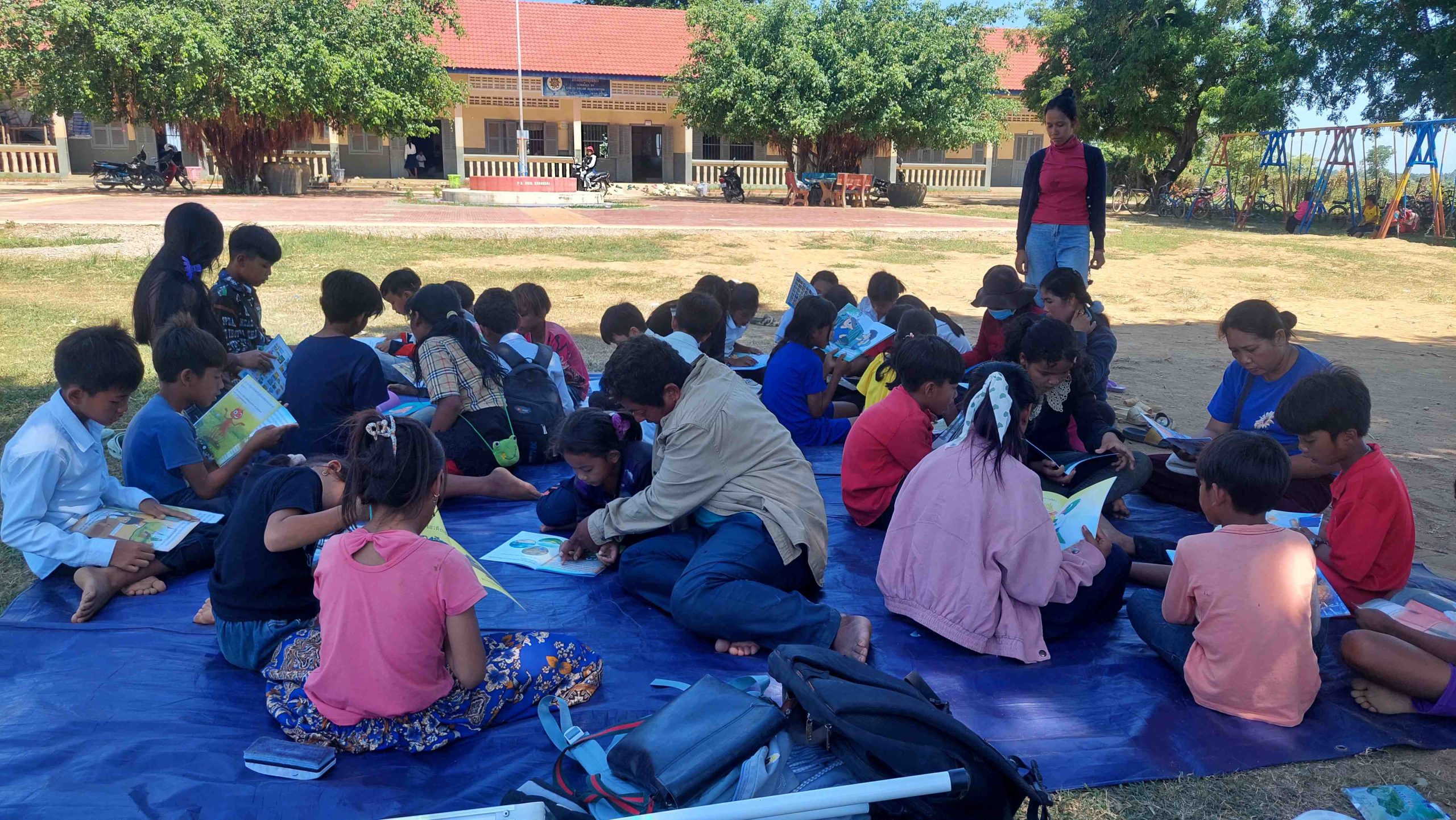ALL IN-Enhancing inclusive education in primary schools
The “ALL IN!” project aims to enhance inclusive education in primary schools within the Sangker and Banan Districts, Battambang Province, Cambodia.
Goal
To improve the quality of primary education in Sangker District and Banan District, Battambang Province, Cambodia by creating inclusive and safe learning environments that cater to the diverse needs of students, including those with disabilities.
Main Objectives
People and governance: Children and youth have equal and uninterrupted access to inclusive quality education/learning
people and civil society : Civil society groups and networks are strengthened and promote participation, open dialogue, and positive social change.
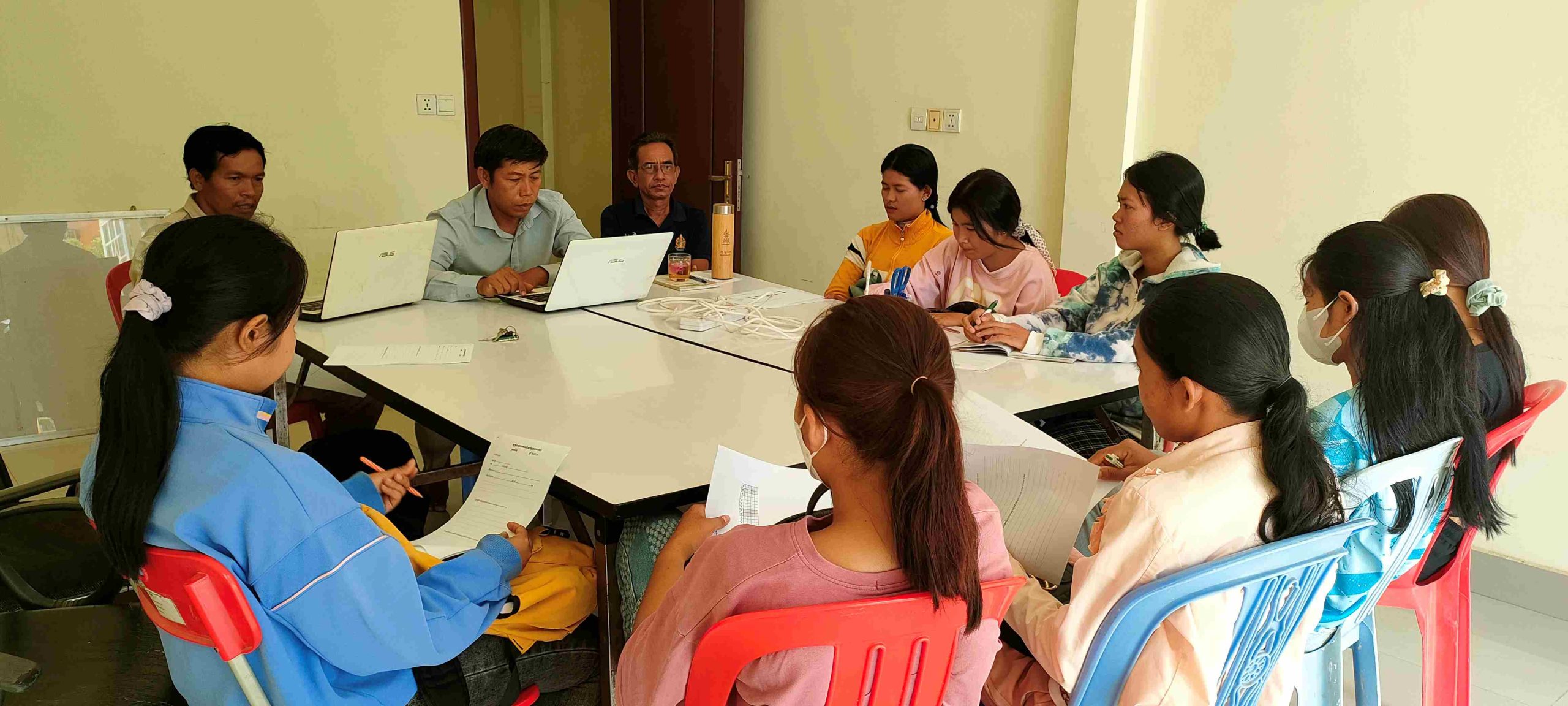
Recruit, Train ,Coach Teaching Assistants
The project recruits local community members as teaching assistants, who receive a three-day training from educational experts. Starting in two schools, it expands to two more in the second year. To improve their skills, the assistants participate in weekly coaching and peer reflection sessions led by teachers, project staff, and education experts.
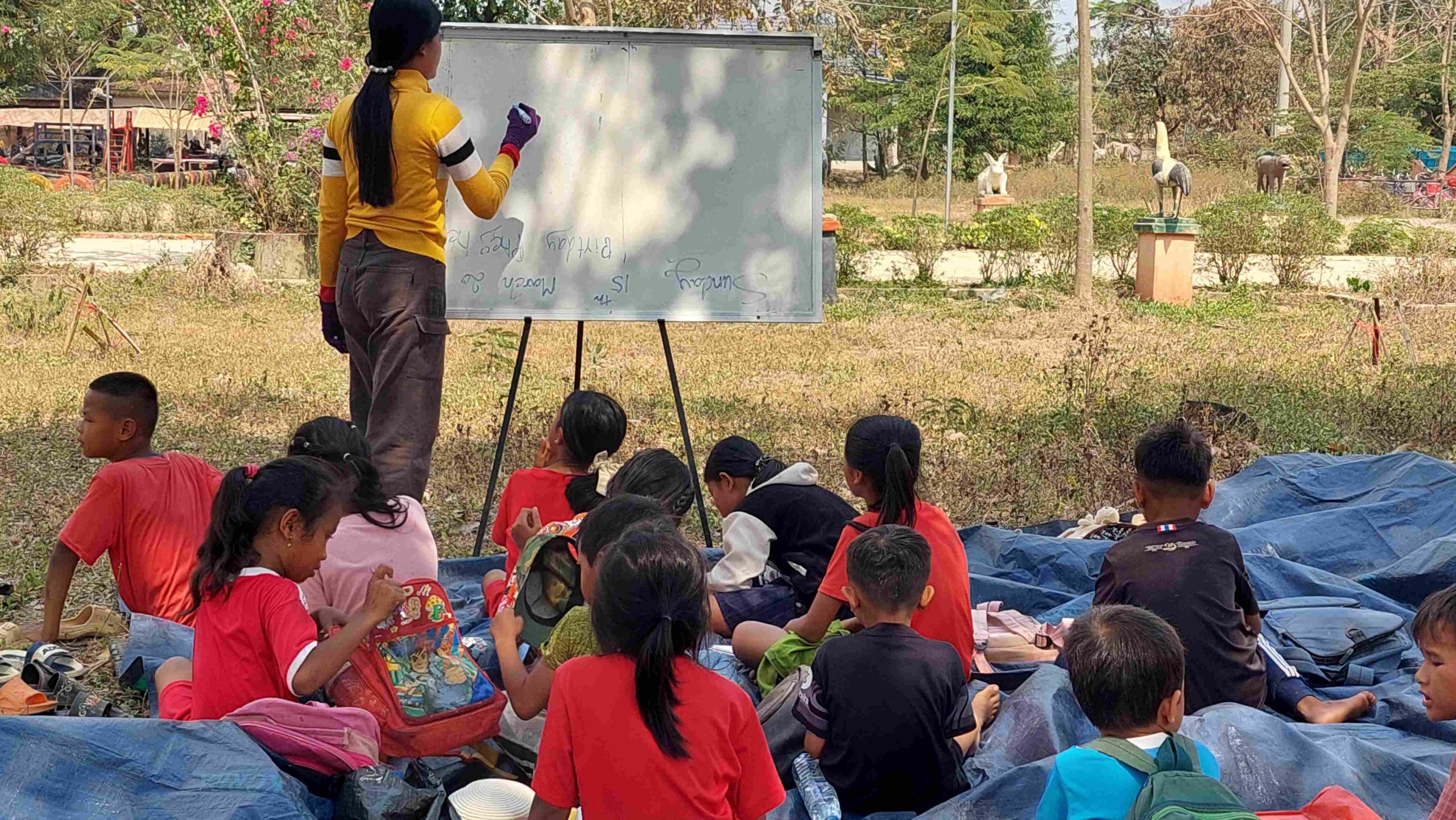
Facilitate Children's Learning with Additional Support:
- Teaching assistants provide individual and small group support to children during school hours. This additional support is essential for students who need extra help to keep up with their peers, improving their learning outcomes and reducing the risk of falling behind.
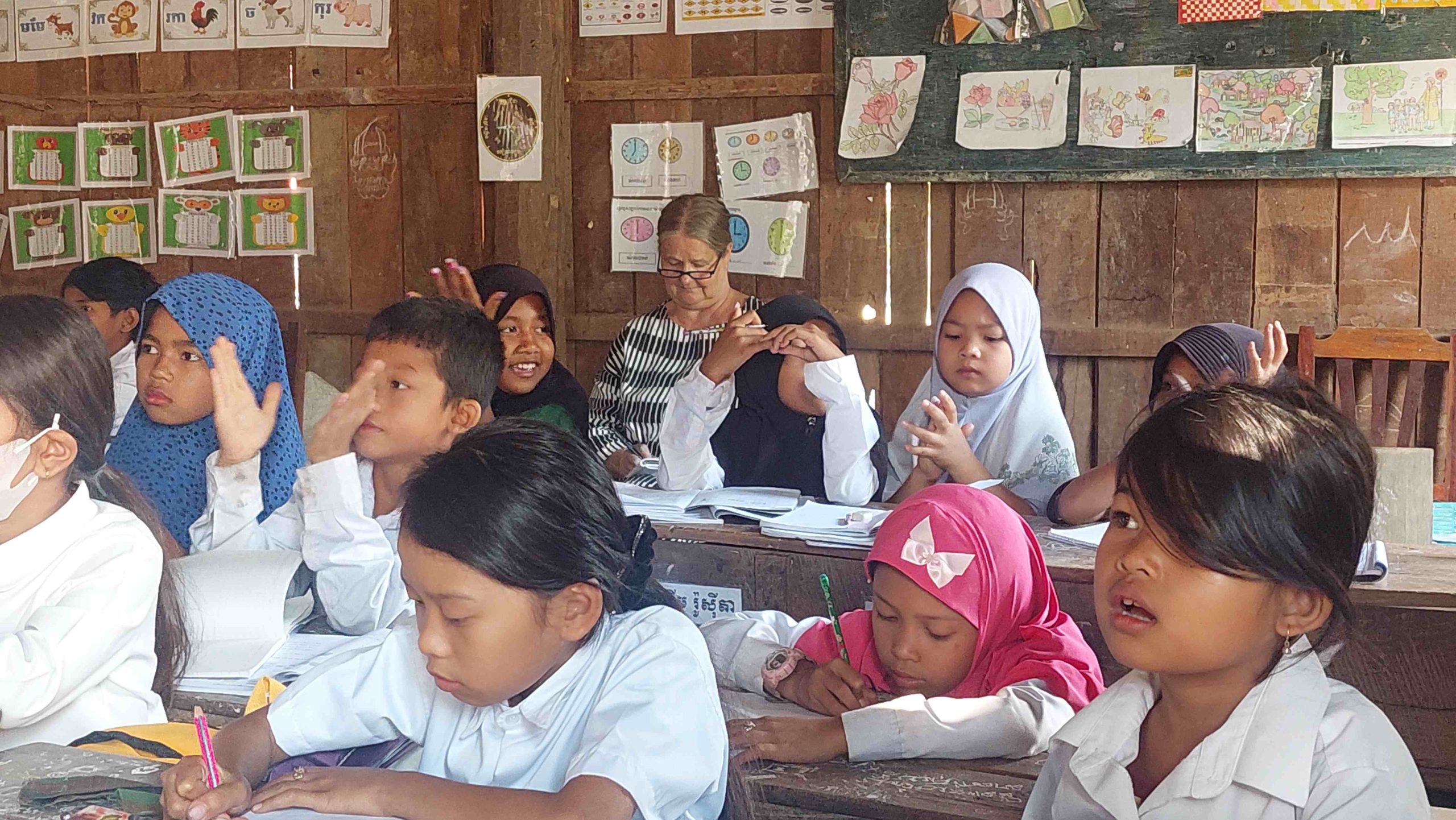
Organize Voluntary Study Clubs:
- Study clubs are organized outside of school hours, initially piloted in two schools and progressively expanded to others. These clubs, which include homework, literacy, and numeracy clubs, involve community volunteers such as older pupils, family members, and teacher trainees. They offer students additional academic support and opportunities to pursue interests, develop new skills, and promote overall well-being.
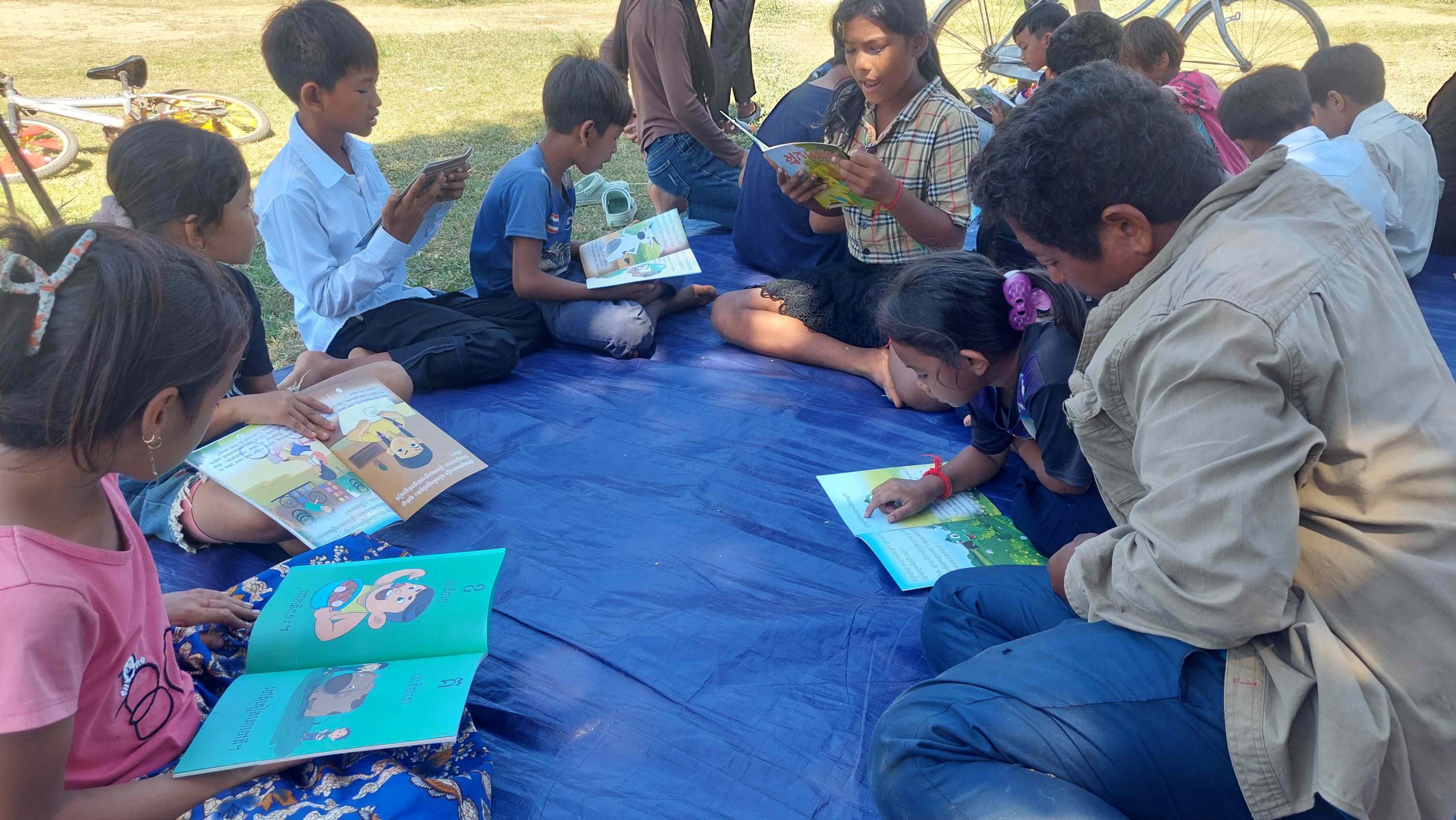
Establish Mobile Learning Centers:
Mobile learning centers are set up using tuk-tuks to reach children and their families in remote villages. These centers provide lessons, guidance, and home study packages, ensuring that learning continues during unexpected school closures. Tablets and smartphones are used to access online learning resources, and WiFi access points are established at target schools.
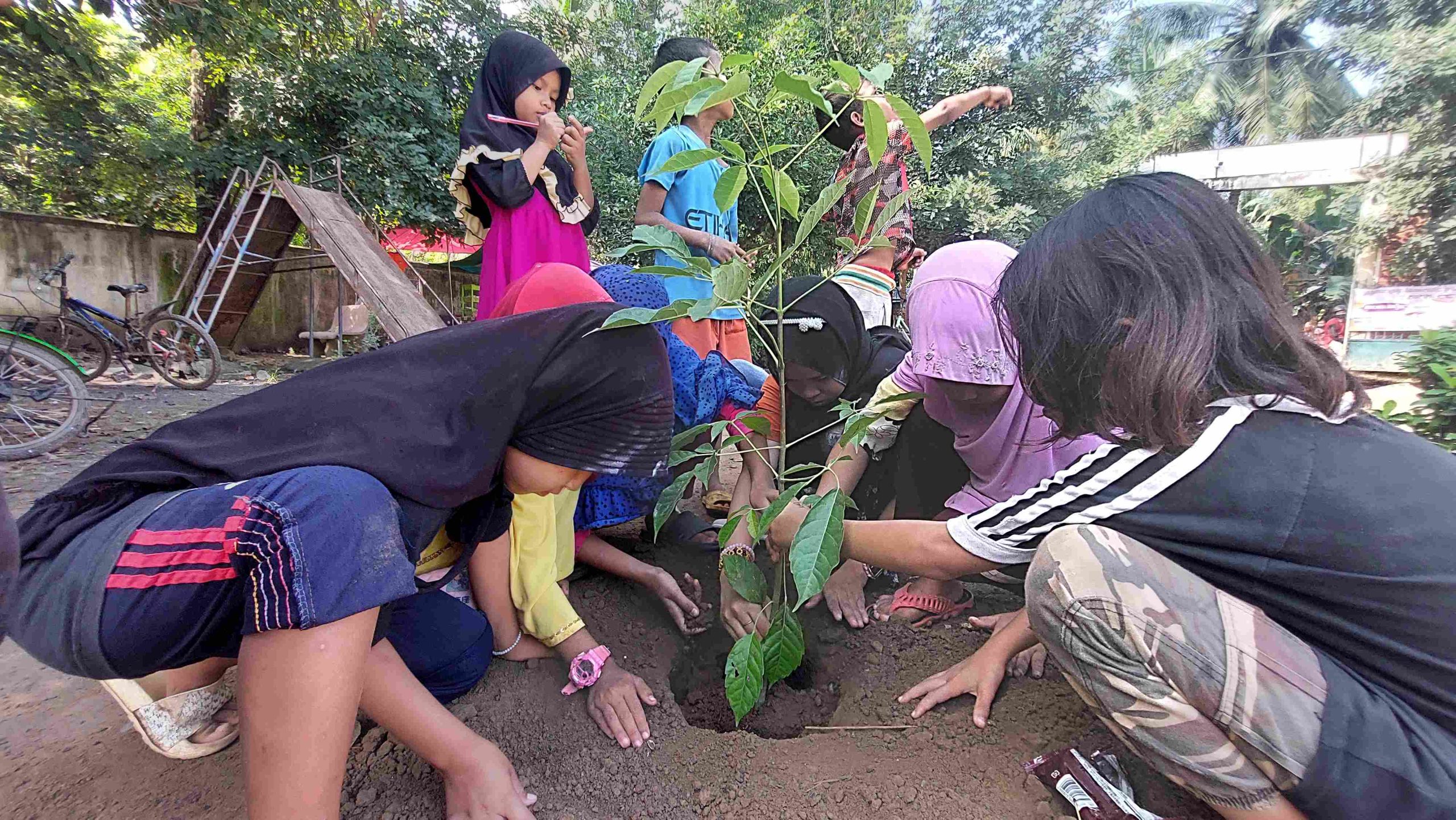
Equip Classrooms and Implement WASH Improvements:
Classrooms are equipped and small-scale improvements to Water, Sanitation, and Hygiene (WASH) facilities are made. Advice is provided on designing school development plans that emphasize equal access to classrooms and facilities. This activity aims to create inclusive and accessible learning environments for all students.
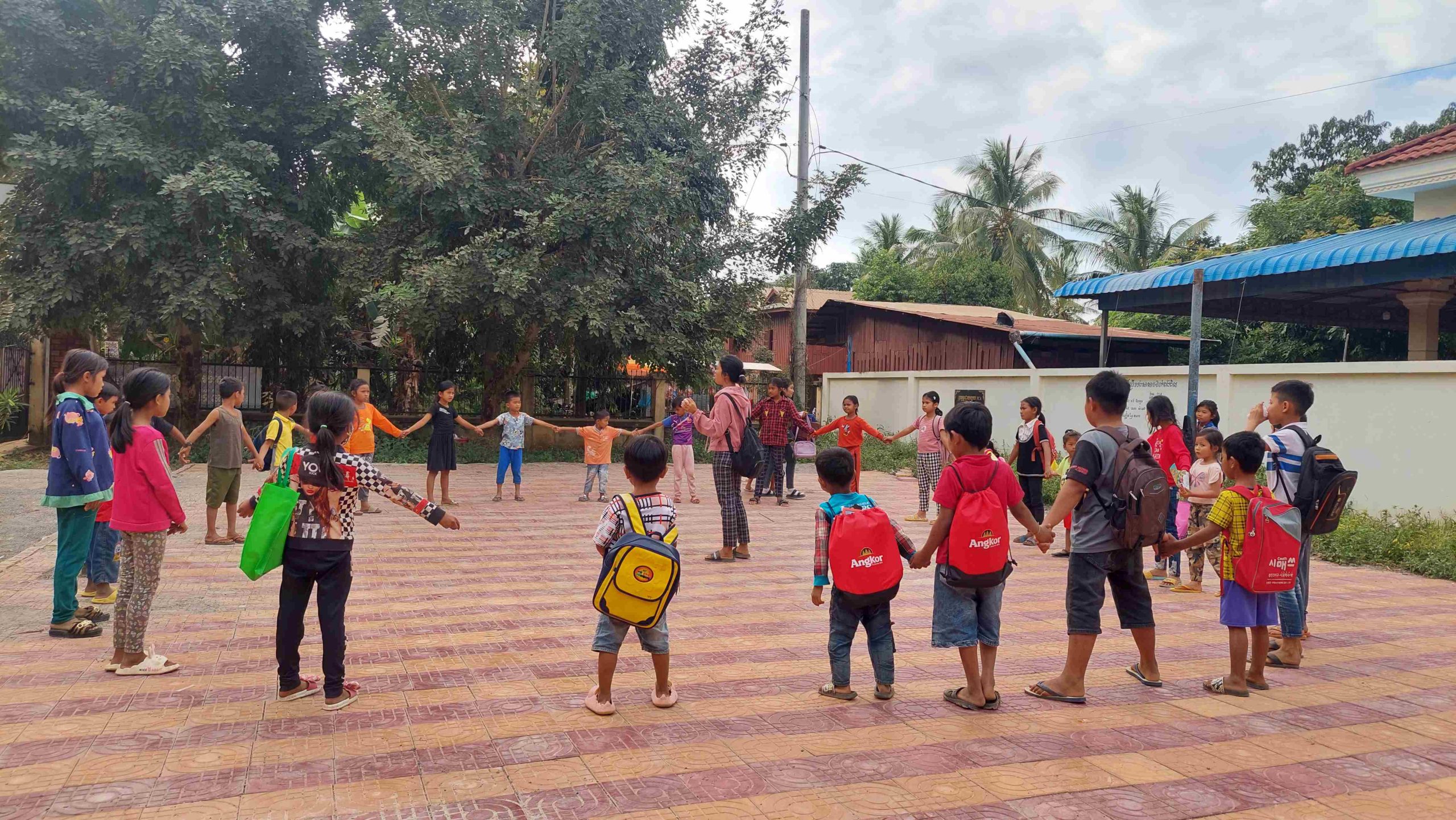
Stock School Libraries with Educational Resources:
School libraries are annually stocked with books and educational materials that accommodate diverse learners. This initiative supports independent learning and ensures that students have access to a wide range of learning resources.
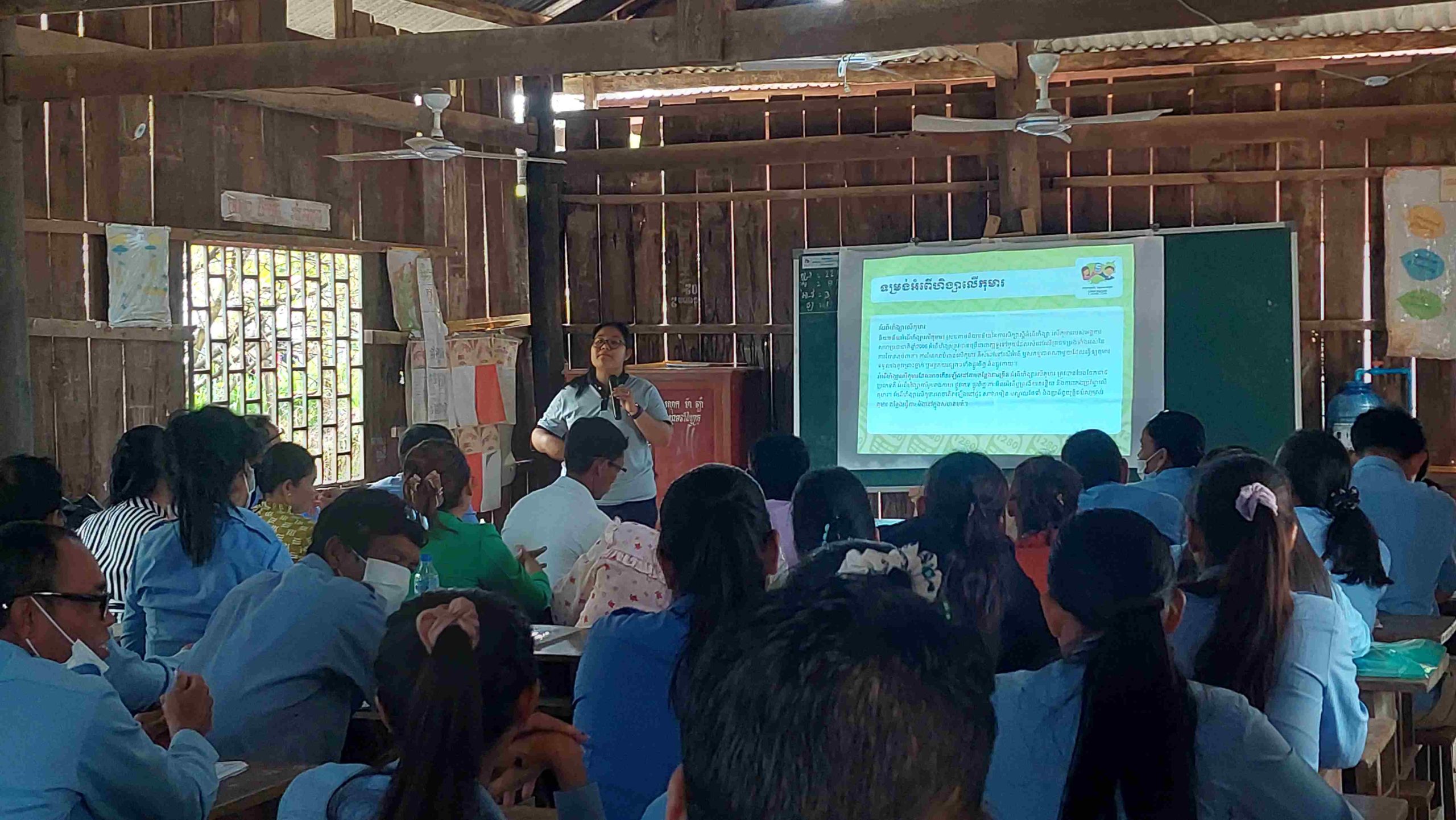
Provide Training to Teachers, Assistants, and Principals:
Regular training sessions are conducted for teachers, teaching assistants, and principals, focusing on learner-centered approaches, special education, positive discipline, and other relevant topics. These sessions, held 2-3 times per year, aim to enhance the capacity of educators to support diverse learning needs.
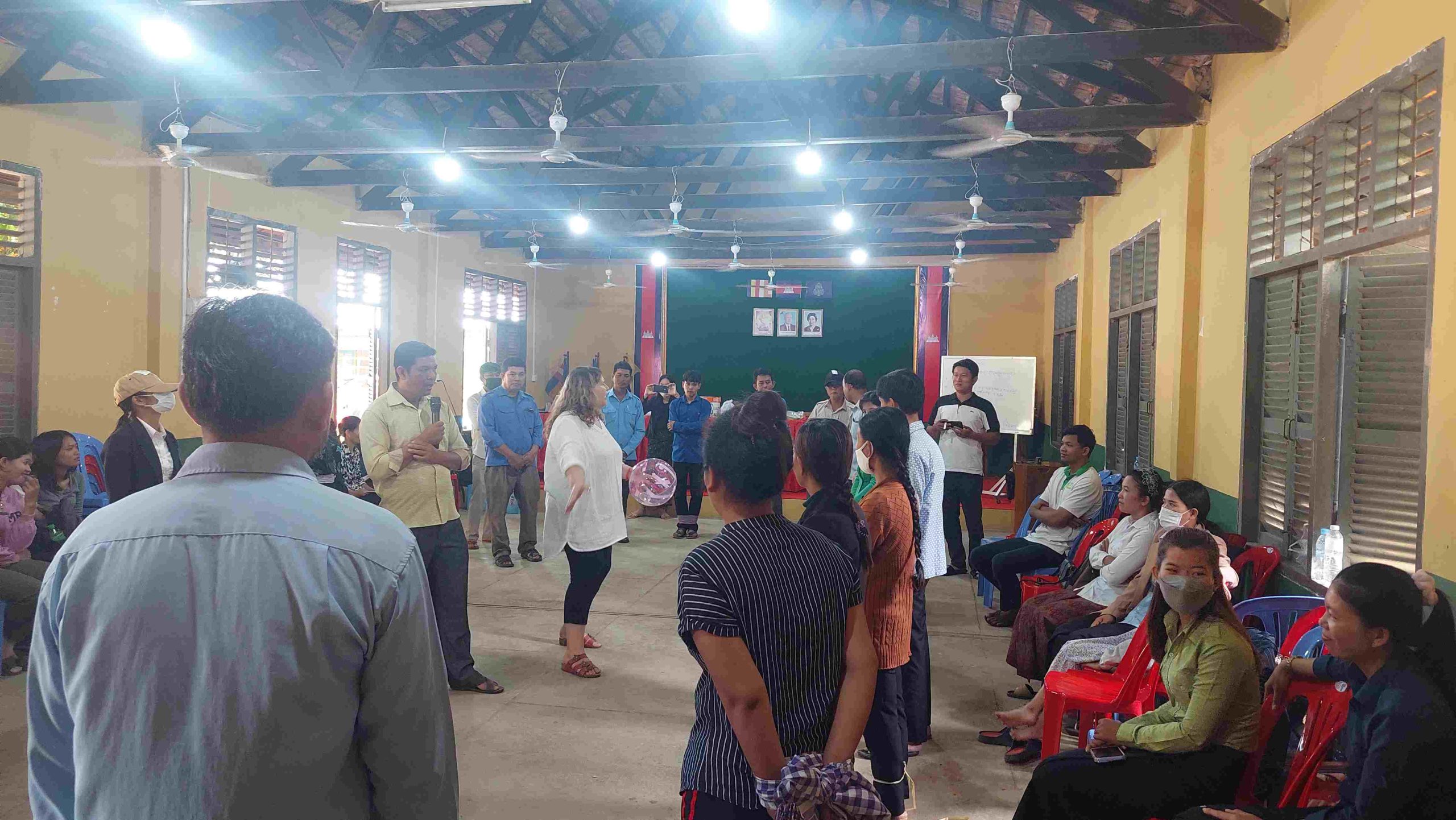
Conduct Post-Training Reflection Workshops:
Reflection workshops are organized for teachers, teaching assistants, and principals to discuss lessons learned and share experiences. These workshops, facilitated 2-3 times per year, strengthen capacity development through shared learning and continuous improvement.
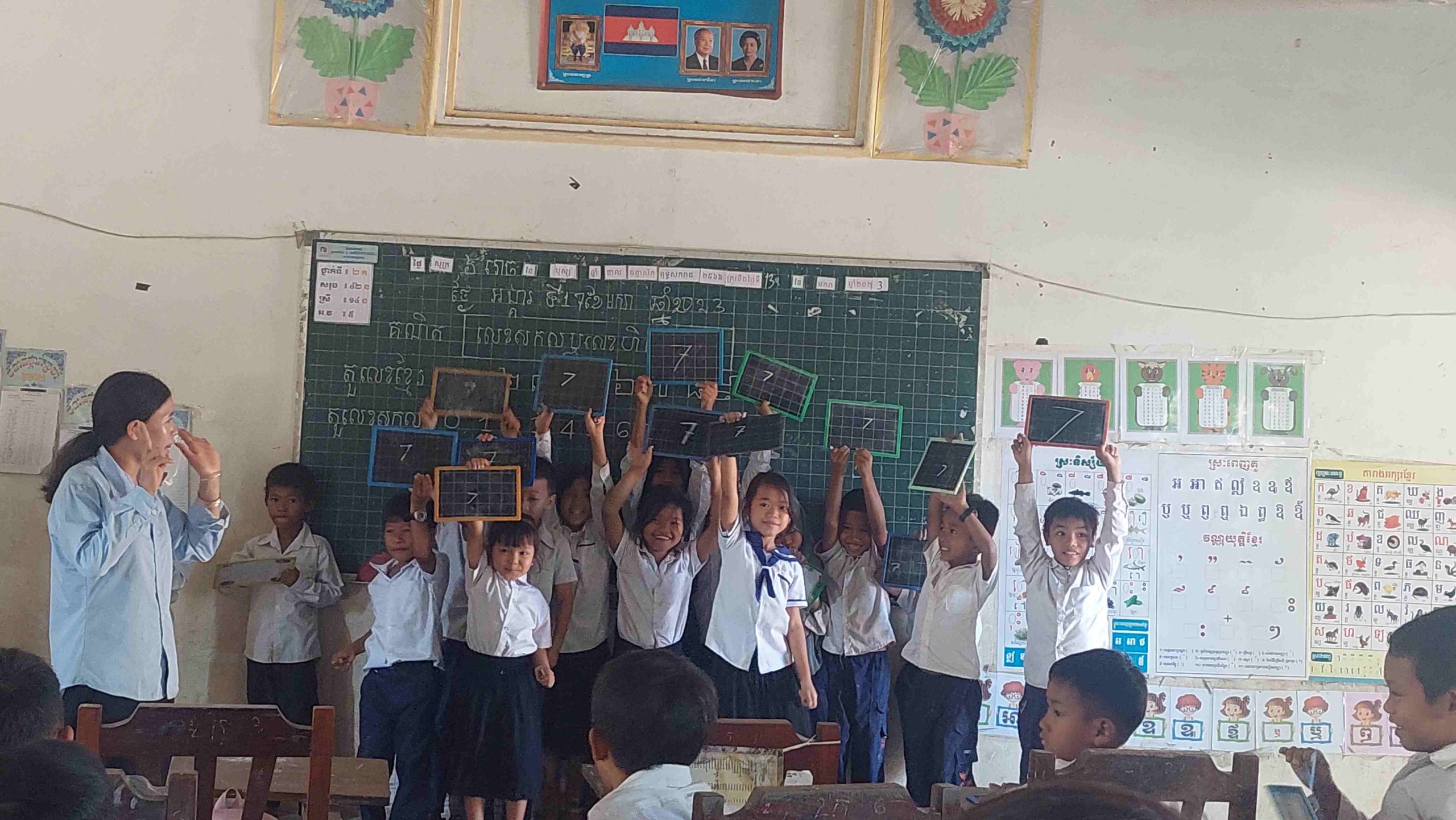
Distribute Learning Materials for Special Needs:
Specialized learning materials designed to accommodate students with special needs are distributed annually to schools. This ensures that all students have access to appropriate educational resources tailored to their individual needs..
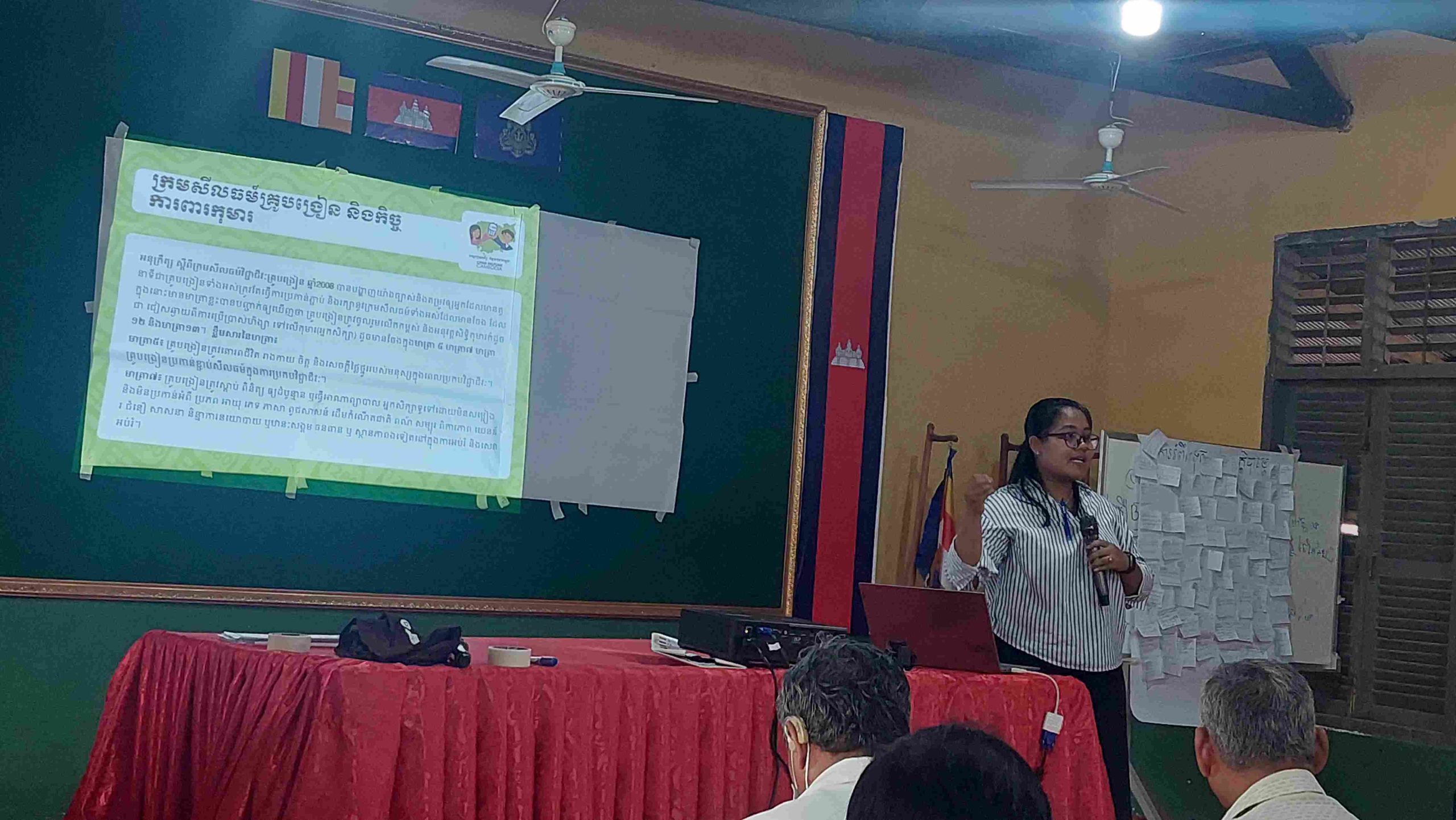
Provide Child Safeguarding Training:
Workshops on child safeguarding and recognizing signs of abuse and mental distress are facilitated by Child Helpline Cambodia. These trainings ensure that school staff are equipped to create a safe and supportive environment for all students.
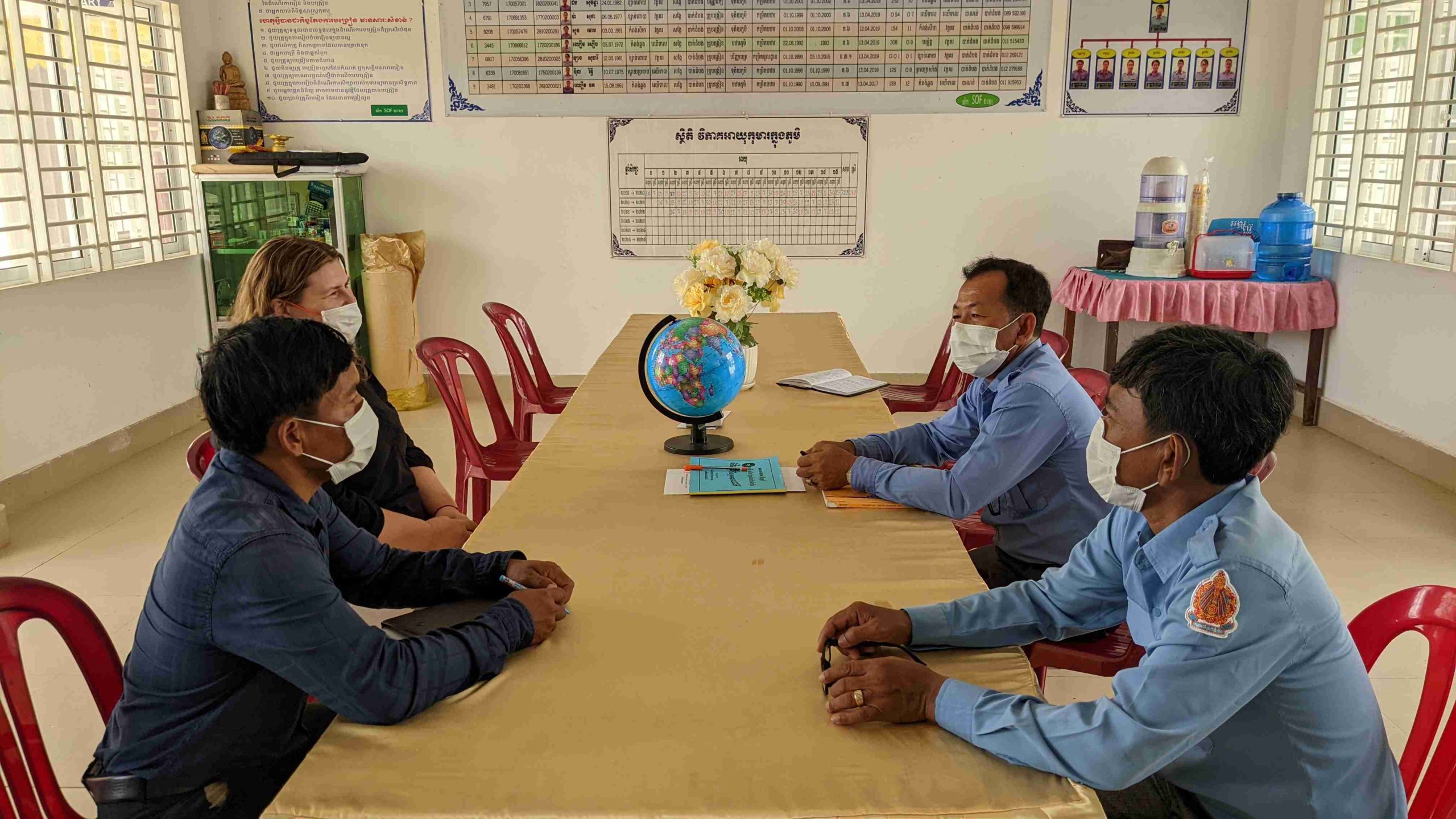
Organize Exposure Visits to Special Education Schools:
Planned visits to special education schools provide valuable insights into best practices for inclusive education. These visits aim to enhance the understanding and implementation of inclusive education strategies among educators
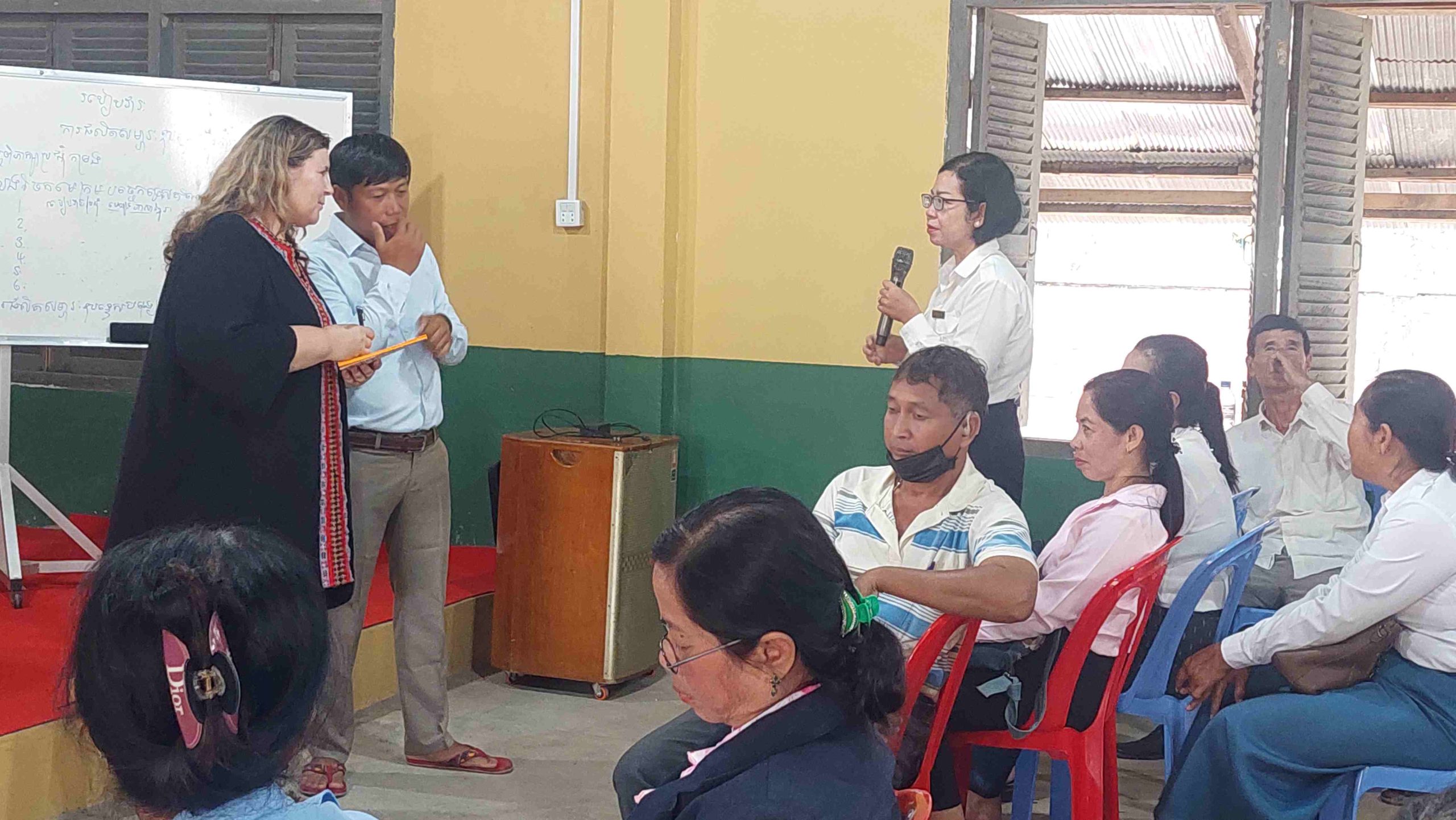
Coordinate School Management Meetings:
Annual meetings between school management teams are organized to identify needs and ensure safe, inclusive learning environments. These meetings foster collaborative planning and problem-solving, involving key stakeholders in the process.
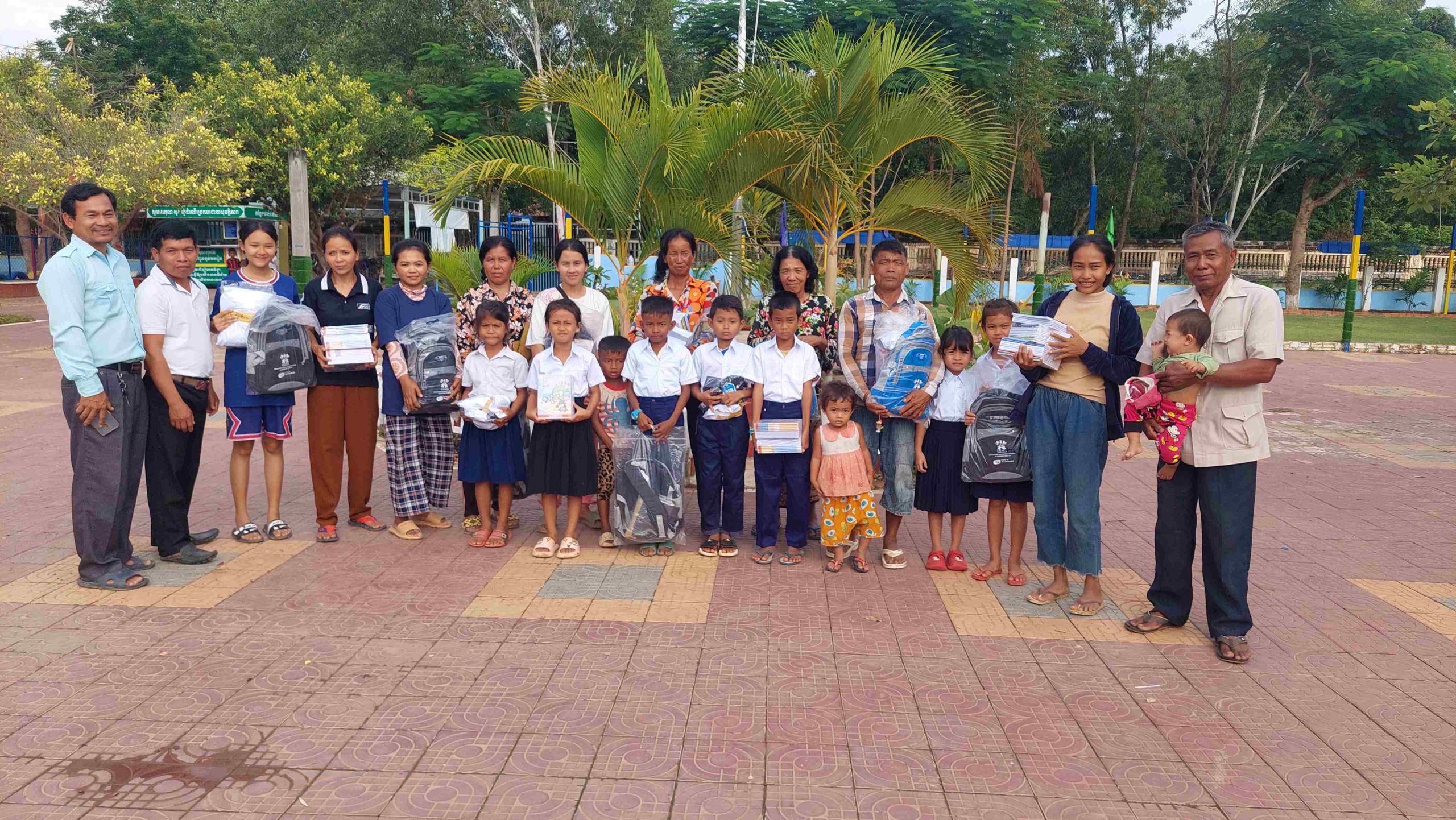
Identify and Provide Scholarships:
Scholarships in the form of study materials and food supplies are provided to less fortunate families. This support ensures that financial barriers do not hinder children’s access to education, enabling them to continue their studies.
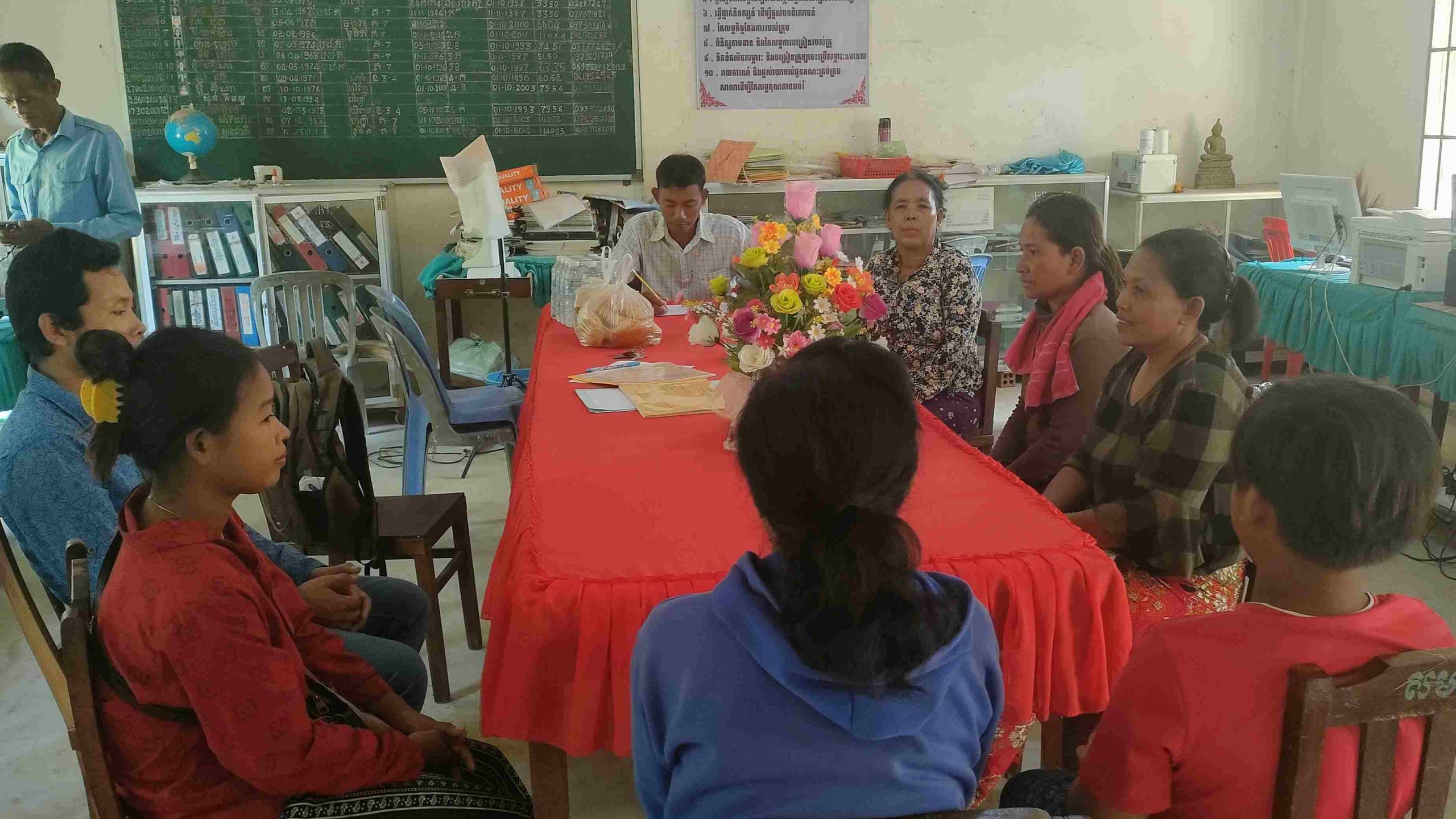
Facilitate Meetings with Impoverished Families:
Annual meetings are held with impoverished families, community leaders, and school staff to support children’s education. These meetings encourage parental involvement and support, which are critical for student success.
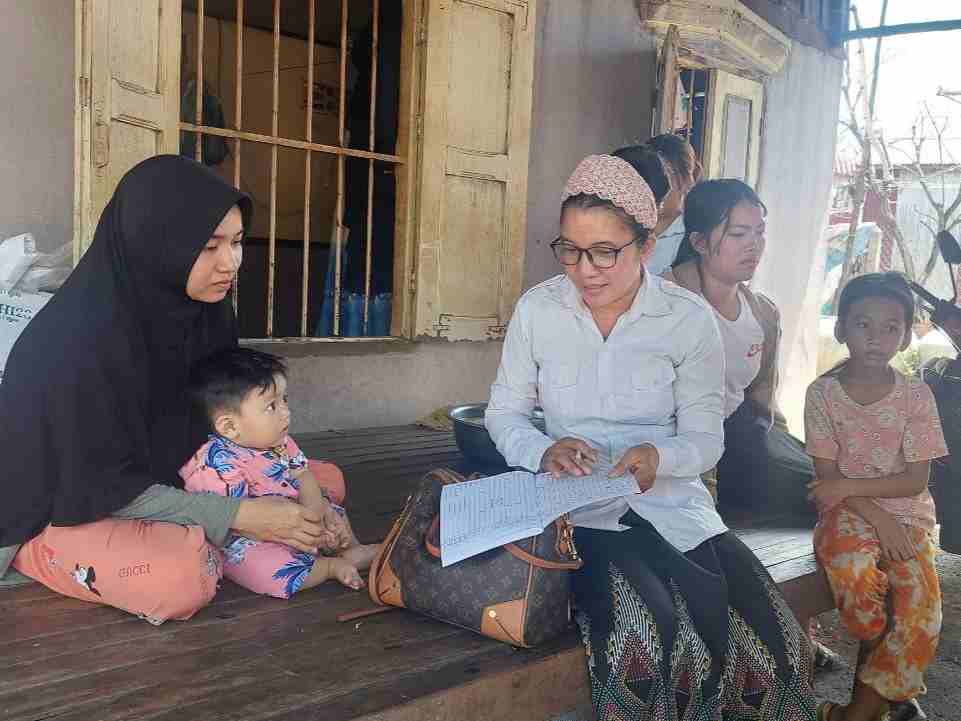
Home Visits to Identify Vulnerable Children:
Home visits are conducted to raise awareness about the importance of education and guide caregivers on how to support their children’s learning. During these visits, children at risk of dropping out or facing other educational barriers are identified and provided with necessary support.
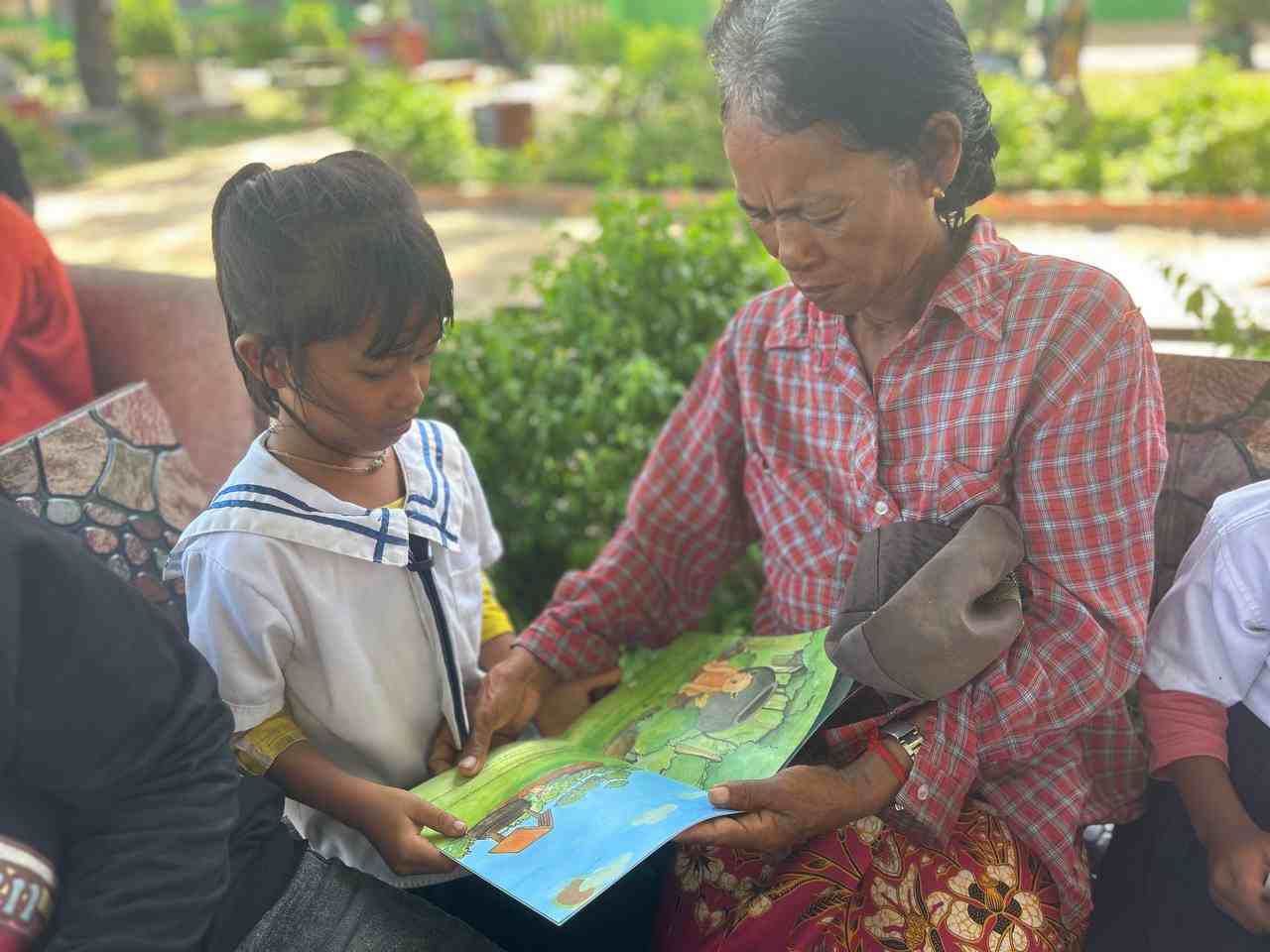
Organize Thematic Weeks and Months:
Semi-annual thematic events on topics such as family reading, health and safety, and waste minimization are organized in target schools. These events engage the community in educational activities, promoting social cohesion and raising awareness on various important issues.
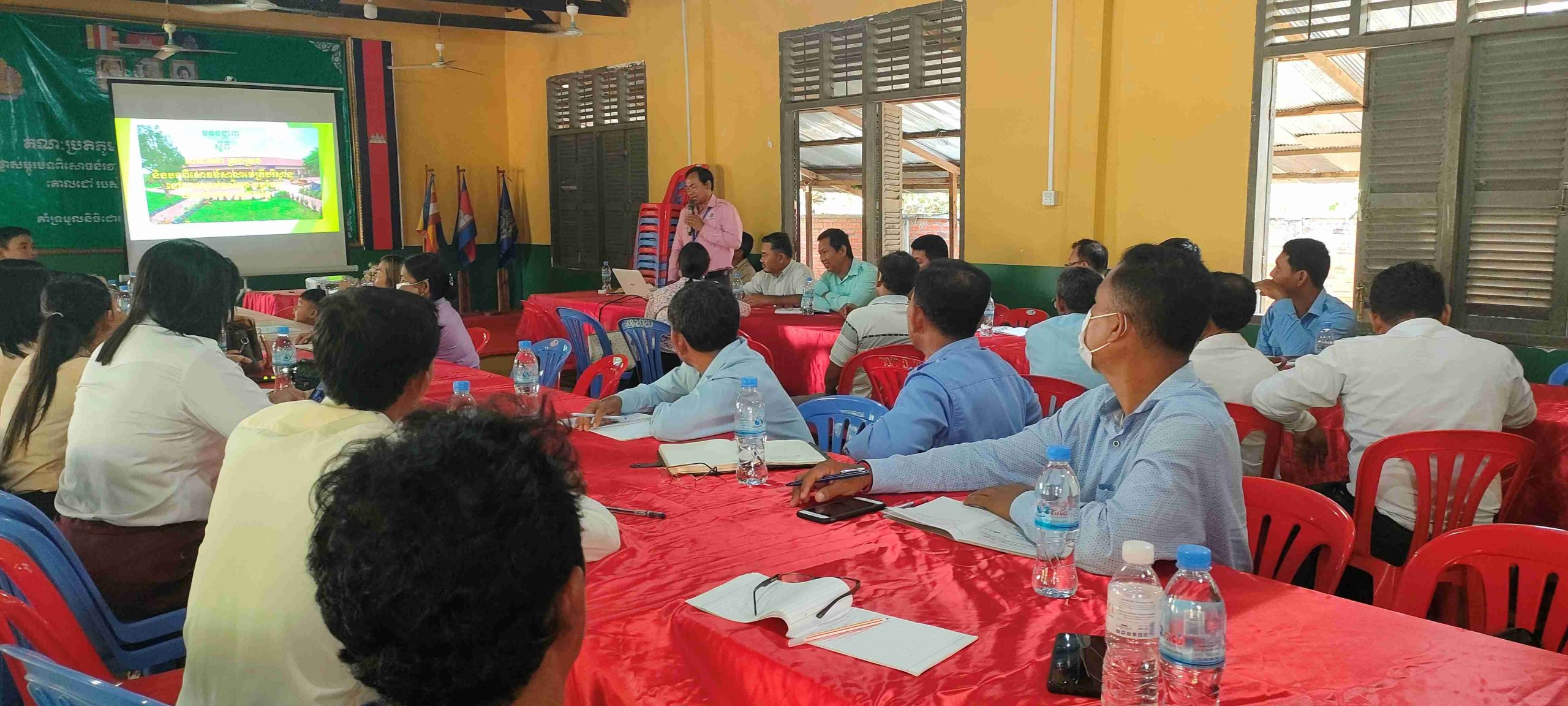
Facilitate Development of School Development Plans:
Annual meetings are held at target schools to develop plans that promote inclusive education. These plans outline strategic priorities for improving school infrastructure, teaching quality, and student outcomes.
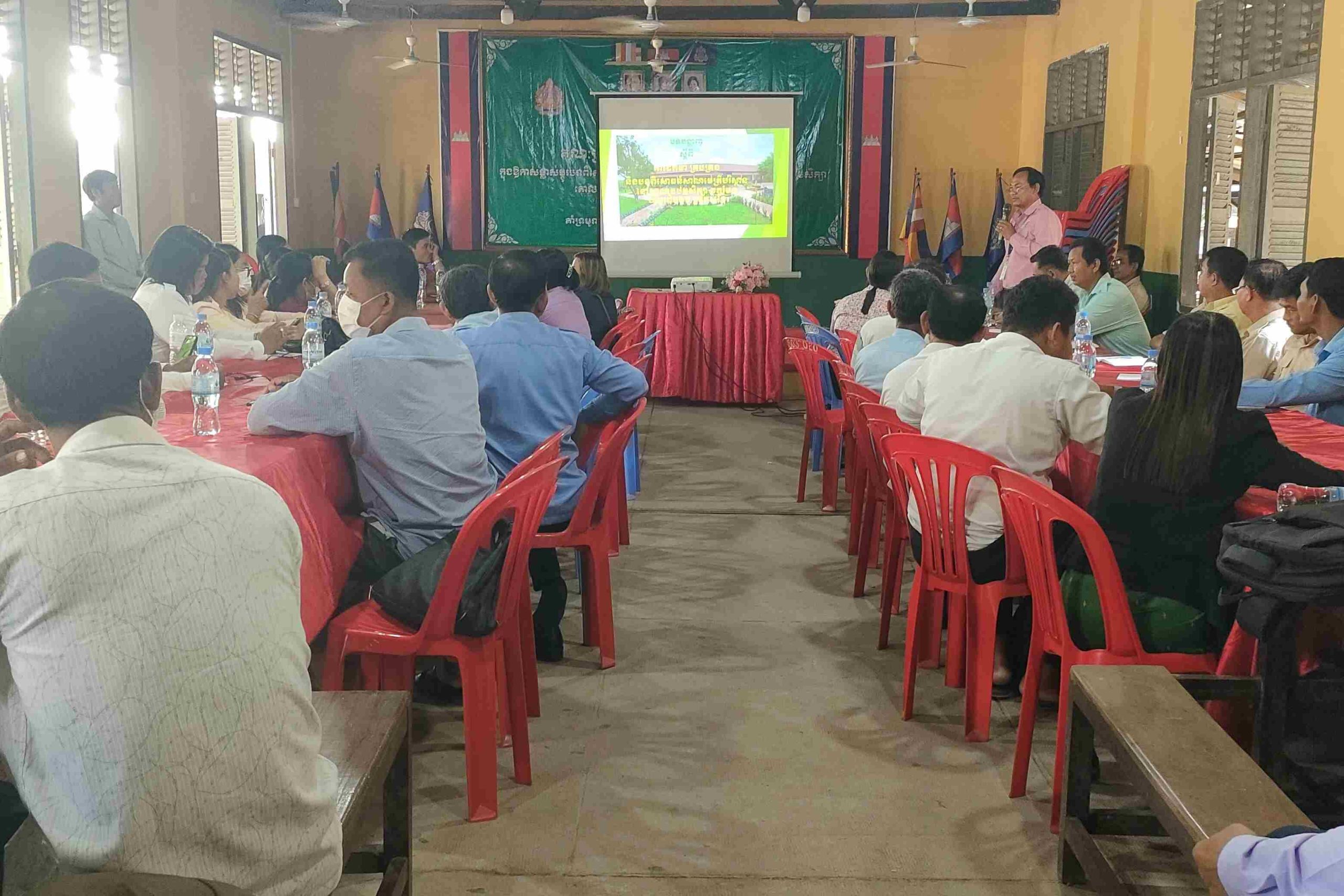
Present and follow up on school development plans to stakeholders.
School development plans are presented to stakeholders like community members and education authorities to gain support and collaboration, aligning everyone with the school’s goals. Follow-up meetings review implementation progress, offer advice, and ensure accountability, fostering ongoing improvement in school performance.
Total students Reach
Volunteers
Total Teachers
School Implemented
Our Success Story
Our youth empowerment programs in Phnom Penh have engaged over 1,000 young people in leadership training, vocational skills workshops, and mentorship programs. These initiatives equip them with the skills and confidence needed to drive positive change in their communities and pursue their dreams
Join Our Mission
Your support is crucial to our mission. Whether through volunteering, donating, or fundraising, there are numerous ways you can help us empower communities and transform lives. Every contribution, big or small, makes a difference.

